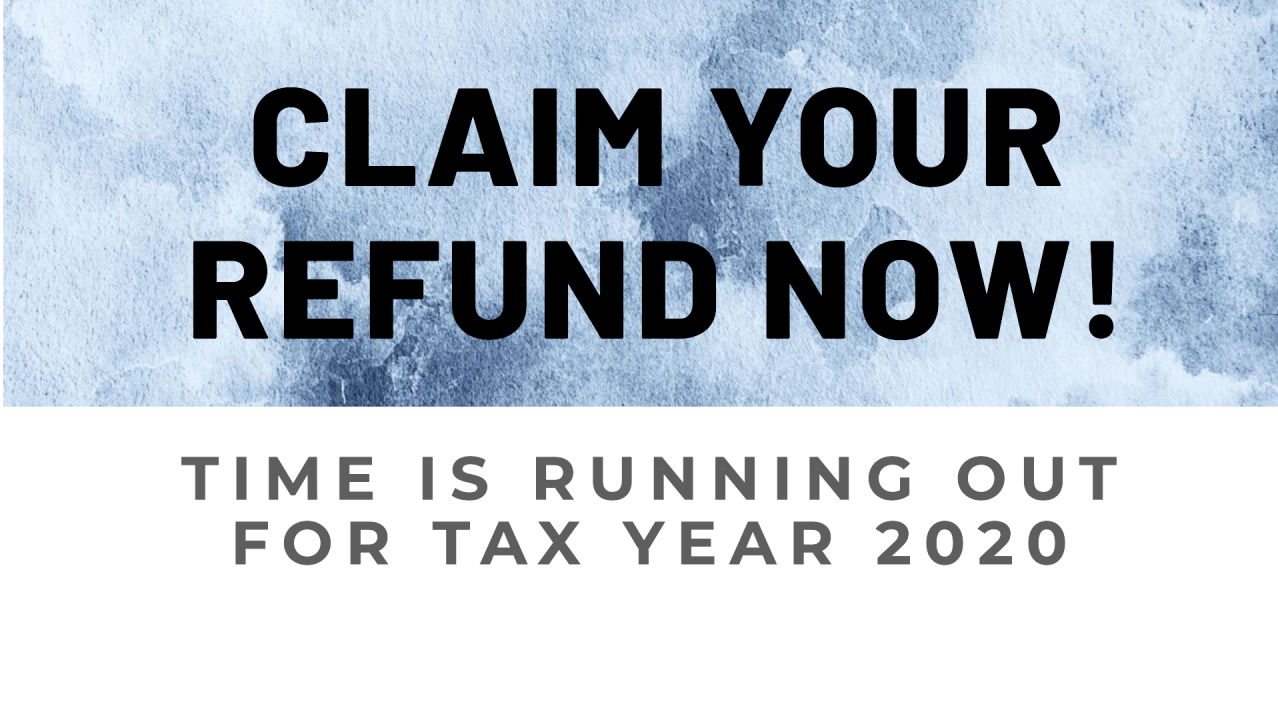$1 Billion in Unclaimed Tax Refunds: A Timely Reminder from the IRS
Extended Deadline for Unfiled 2020 Tax Returns Presents Opportunity for Refund Retrieval
According to Audacy.com tax season is bustling with activity and the IRS has issued a critical reminder. There’s a whopping $1 billion in unclaimed tax refunds from 2020 and eligible individuals have just one week left to claim their portion. The IRS estimates that about one million people might be unknowingly forfeiting their refunds as the deadline for claiming refunds for the 2020 tax year quickly approaches. This revelation stems from the extended filing deadline 2020 prompted by the COVID-19 pandemic leading many eligible individuals to skip filing their taxes despite being entitled to refunds.
Experts emphasize that while refunds typically have a three-year statute of limitations the deadline for unfiled 2020 tax returns has been extended to May 17, 2024. This extended timeframe offers a valuable opportunity for individuals to retrieve their unclaimed refunds without facing penalties from the IRS. Caroline Chen, a tax professor at San Jose State’s College of Business, assures that the IRS won’t penalize individuals owed refunds for late filing. However, she cautions that those who owe money to the IRS and delay filing may incur penalties.
READ ALSO: Russian president Putin to make a state visit to China this week

$1 Billion in Unclaimed Tax Refunds: IRS Warns of Last Chance to Claim Refunds from 2020-Don’t Miss Out! (PHOTO: LinkedIn)
Unclaimed Tax Refunds: A Missed Opportunity with Far-Reaching Economic Implications
Unclaimed Tax Refunds: A Missed Opportunity with Far-Reaching Economic Implications
The staggering amount of unclaimed tax refunds underscores the importance of prompt tax filing and the potential financial advantages for individuals and families nationwide. A breakdown by state reveals substantial sums left unclaimed, with populous states like California and Texas leading in unclaimed refunds. With the deadline looming the IRS urges individuals who still need to file their 2020 tax returns to utilize IRS.gov resources to ascertain their refund eligibility and take necessary steps before time runs out.
Furthermore, the unclaimed tax refunds represent a missed financial opportunity for individuals and have broader economic implications. The $1 billion left unclaimed tax refunds could have significant positive impacts if injected back into local communities through spending and investment. Additionally, these refunds could provide much-needed relief for individuals facing financial hardship. As the deadline approaches the IRS’s efforts to raise awareness and encourage filing underscore the importance of ensuring that every eligible taxpayer receives their rightful refund. By taking advantage of the extended deadline and utilizing available resources, individuals can secure their refunds and contribute to economic recovery efforts at both personal and national levels.
READ ALSO: Indonesian rescuers search through rivers and rubble after flash floods that killed at least 50

















































